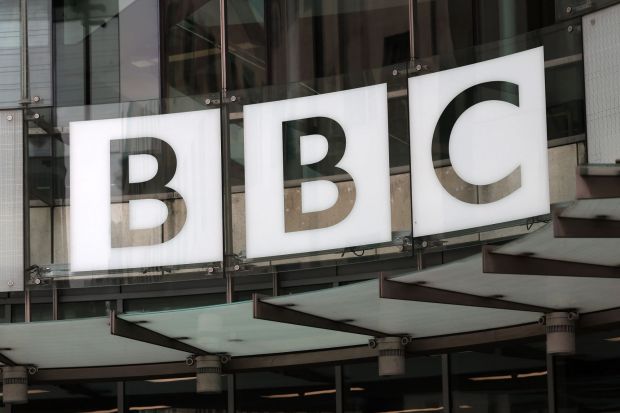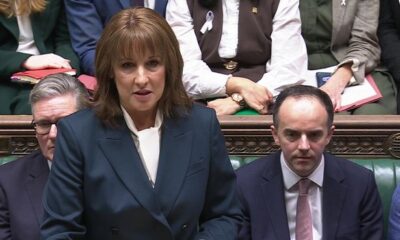Politics
BBC Faces Backlash for ‘Xenophobic’ Label Amid Asylum Concerns

The BBC has sparked controversy after its categorization of concerns regarding illegal migration as “xenophobic.” This criticism arises on the same day that a second asylum seeker from the Bell Hotel in Epping was charged with sex offences. The broadcaster’s flagship Radio 4 Today show featured comments from Conservative MP Robert Jenrick, who expressed worries that illegal migrants could potentially pose a risk to children, including his daughter.
The backlash intensified when Dr. Krish Kandiah, a refugee campaigner, delivered a segment on the program that was later edited and removed. This decision drew ire from segments of the public who felt that their genuine concerns about rising illegal migration were being dismissed and mischaracterized. The BBC’s actions have led to accusations of institutional bias, reminiscent of past incidents where the network faced scrutiny for its editorial choices.
As reported by The Sun, a significant number of crimes have been committed by asylum seekers residing in hotels, raising alarm among communities. Critics argue that the BBC’s framing of the issue disregards the legitimate fears of many British citizens regarding the implications of allowing approximately 50,000 illegal migrants, predominantly young men, into the country.
The irony of a government that champions human rights presiding over a nation where such rights are perceived to be diminishing has not gone unnoticed. A recent report by the US State Department highlighted a troubling trend towards increased state control in the UK, characterizing the situation as a “downward spiral.” The report noted that censorship of citizens has become “routine” and that there are “serious restrictions on freedom of expression,” contributing to a growing perception among Americans about the state of civil liberties in the UK.
Concerns about policing social media have also been raised, with reports indicating that law enforcement prioritizes monitoring online activity over addressing real-world crimes. Activists claim that expressing dissent about issues such as asylum policies can lead to unwarranted visits from police, creating a chilling effect on free speech. The Online Safety Act, intended to safeguard children, has been criticized for inadvertently stifling freedom of expression in the process.
In a separate cultural critique, the BBC’s decision to apply a trigger warning to the classic television series Auf Wiedersehen, Pet, which depicts the lives of Geordie builders in the 1980s, has drawn criticism for being overly cautious. Observers question what harm could arise from revisiting language and themes from decades past, arguing that such measures treat audiences as incapable of independent thought.
The BBC’s approach to both current events and cultural programming continues to provoke debate about the balance between sensitivity and freedom of expression, leaving many to wonder how this might impact public discourse in the future.
-

 Entertainment3 months ago
Entertainment3 months agoAnn Ming Reflects on ITV’s ‘I Fought the Law’ Drama
-

 Entertainment4 months ago
Entertainment4 months agoKate Garraway Sells £2 Million Home Amid Financial Struggles
-

 Health3 months ago
Health3 months agoKatie Price Faces New Health Concerns After Cancer Symptoms Resurface
-

 Entertainment3 months ago
Entertainment3 months agoCoronation Street’s Carl Webster Faces Trouble with New Affairs
-

 Entertainment3 months ago
Entertainment3 months agoWhere is Tinder Swindler Simon Leviev? Latest Updates Revealed
-

 World2 weeks ago
World2 weeks agoBailey Announces Heartbreaking Split from Rebecca After Reunion
-

 Entertainment4 months ago
Entertainment4 months agoMarkiplier Addresses AI Controversy During Livestream Response
-

 Entertainment2 weeks ago
Entertainment2 weeks agoCoronation Street Fans React as Todd Faces Heartbreaking Choice
-

 Science1 month ago
Science1 month agoBrian Cox Addresses Claims of Alien Probe in 3I/ATLAS Discovery
-

 Health4 months ago
Health4 months agoCarol Vorderman Reflects on Health Scare and Family Support
-

 Entertainment4 months ago
Entertainment4 months agoKim Cattrall Posts Cryptic Message After HBO’s Sequel Cancellation
-

 Entertainment3 months ago
Entertainment3 months agoOlivia Attwood Opens Up About Fallout with Former Best Friend





















